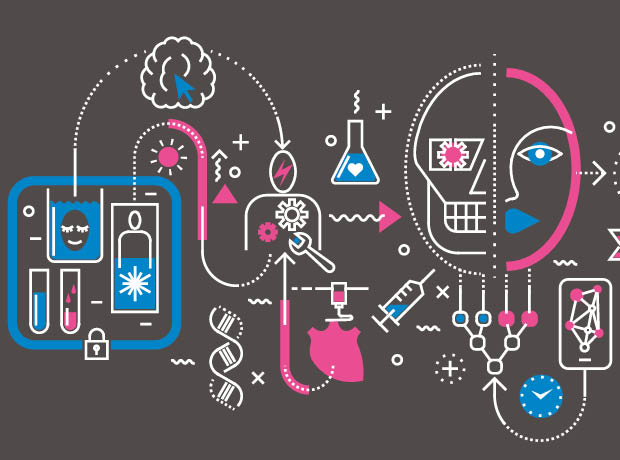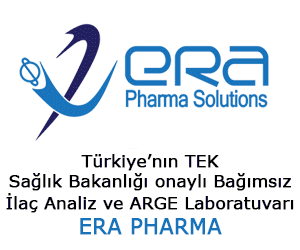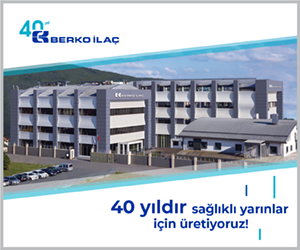İmmünoterapiler, Artırılmış gerçeklik (AR), Yapay zeka (AI) ve Onkoloji Pazarı…. vd…
Last year saw life sciences companies take important steps to advance their business processes and drive greater efficiencies in drug development and commercial operations. The groundwork has been laid for the industry to embrace transformation initiatives at a faster pace in 2018.
With that in mind, here are ten trends Veeva predicts will impact life sciences organisations this year:
1. Immunotherapies (i.e. CAR-T cell) will Inspire a new business model
The unique development approach and pricing models introduced with CAR-T will transform the typical pharmaceutical business model. Innovative pricing models such as Novartis’ money-back guarantee on Kymriah mark a true paradigm shift, which will continue to inspire drug manufacturers to rethink their approaches.
2. Augmented reality (AR) will continue to change HCP engagement
AR will soon become a powerful part of the educational process as more companies learn how to leverage the technology. In 2018, life sciences companies will begin experimenting with this new format to create HCP presentations that improve learning with 3-D demonstrations.
3. Risk-based everything (RBX) will take centre-stage
The shift to personalised medicine, along with the evolution of adaptive methodologies, is pushing the boundaries of traditional clinical data collection. Risk-based monitoring (RBM) will be replaced this year by risk-based everything (RBX), a new approach in which each data point can be analysed to help companies make better decisions. Modern data management systems will enable the transition to RBX and make it possible to manage the increasing volumes and diversity of data sources.
4. Regulatory and quality teams will come closer together
As companies expand globally, change control and variation management become more difficult. In 2018, regulatory will begin automating the variation management process and start exchanging information with quality teams to eliminate information gaps. This will make it easier to identify impacted product licenses, determine the required variation filings, and develop global submission strategies.
5. The outsourcing industry will modernise the clinical environment
The top eight CROs have consolidated to just six, but represent more than two-thirds of the market. As such, competition is very high, driving CROs to re-examine their operations and expand their offerings to become turnkey partners to sponsors. In 2018, expect to see CROs focusing on modernising their technical and data environments to build differentiation.
6. Companies will adopt new industry technology standards
In 2017, the industry came together to define technology standards for their shared customers to make it easier for them to get drug information and services. This coming year, companies will begin to put these standards into action by adopting technologies that make customer engagement easier.
7. Artificial intelligence (AI) will continue to make breakthroughs in life sciences
Despite higher volumes and increasing diversity of data sources available, life sciences companies are limited in their ability to use it, due to their reliance on a small group of experts and data scientists. In 2018, companies will significantly scale up their use of artificial intelligence for a wider range of commercial applications.
8. Companies will advance global regulatory processes
Life sciences companies are under continued pressure to globalise, and will focus on transforming global operating capabilities by unifying regulatory information management (RIM) technologies. Moving to a common RIM model with shared global systems will streamline processes with local affiliates and countries to work more effectively in a global regulatory environment.
9. Oncology will continue to propel companies to engage stakeholders differently
Product launches for specialised medicine are top of mind for every life sciences company, with oncology drawing the most attention. While the oncology market is growing exponentially in both size and complexity, life sciences companies are rethinking how they can improve customer engagement, with technology set to play a key role in connecting insight and personalising the customer experience.
10. Companies will prepare for submissions that require content and data
Global health authorities have started to request both content and data to conduct their reviews, in order to obtain a more holistic picture of product safety and efficacy. Upcoming regulations such as Identification of Medicinal Products (IDMP) are driving sponsor organisations to carefully examine their approaches to product-related information. As a result, more organisations will begin the transformation of their processes and systems to incorporate both content and data-related elements.




















